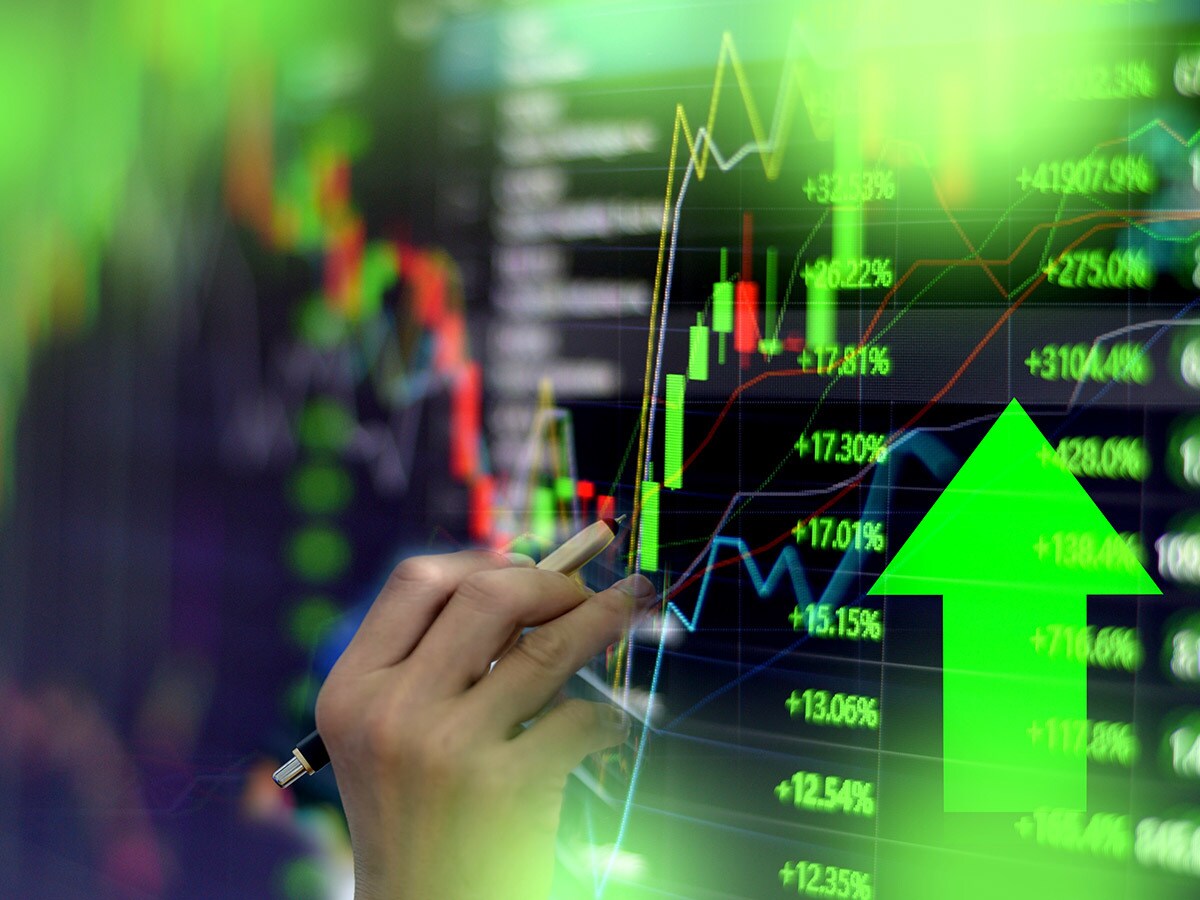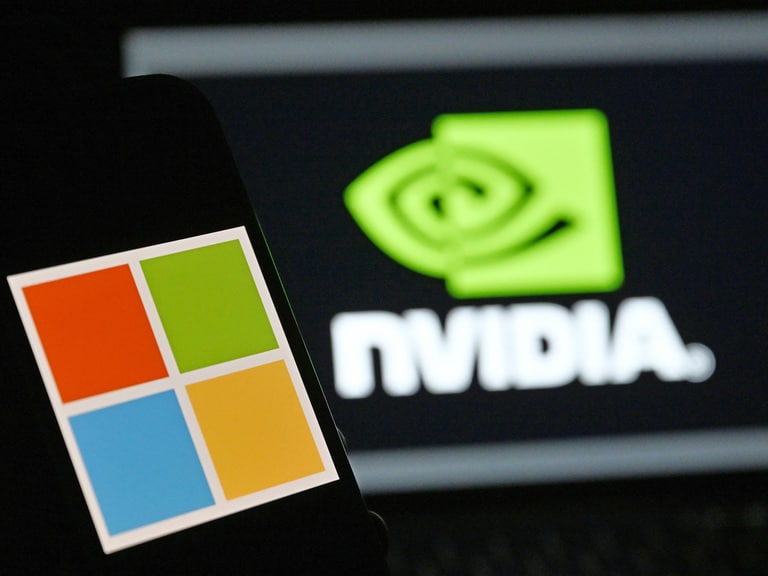As global markets entered a new year, the debate over whether value or growth stocks make the best investments reignited once again.
While growth stocks have seen the biggest gains in the past decade, some argue that the global economy’s recovery could be led by a shift towards value.
The iShares Russell 1000 Growth ETF [IWF], which tracks the Russell 1000 Growth Index, jumped 459.0% between 2010 and 2020 — from $43.14 to $241.14 — rising 38.2% last year alone.
In comparison, the iShares Russell 1000 Value ETF [IWD], which tracks the Russell 1000 Value Index, climbed 207.7% during the last decade — from $44.44 to $136.73 — and only saw a 2.7% uptick last year.
So far in 2021, growth strategies look to be narrowly continuing their dominance. The iShares Russell 1000 Growth ETF was up 1.3% year-to-date to $244.22 on 28 January. Meanwhile, the iShares Russell 1000 Value ETF was up 0.8% to $137.81 in the same period.
However, the momentum behind growth strategies could falter as the distribution of coronavirus vaccines accelerates, plans for further stimulus across various global economies unfold and an uptick in bond prices signals an economic rebound.
Is it time to switch to value?
Last year, value strategies suffered their worst period of underperformance for two centuries, the Financial Times reported in October. This was a struggle for many value investors.
For example, Ted Aronson, founder of AJO Partners, was forced to close his firm at the end of 2020, after its assets under management (AUM) fell from more than $30bn in 2007 to $10bn.
“The drought in value — the longest on record — is at the heart of our challenge,” Aronson wrote in his farewell letter seen by the publication. “We still believe there is a future for value investing; sadly, the future is unlikely to arrive fast enough — for us.”
As a result, many value stocks, particularly those in the energy and finance themes, have become significantly depressed. The Vanguard Value ETF [VTV], which has net assets of $96.9bn, has climbed 0.9% so far this year (to 28 January) after climbing 2.3% throughout 2020. Its top ten holdings include Berkshire Hathaway [BRK], JPMorgan Chase [JPM] and Bank of America Corp [BAC], among others.
A rise in interest in equal weighted funds could also signal a shift to value, after the Xtrackers S&P 500 Equal Weight UCITS ETF [XDEW] saw its assets jump from $1.1bn to $2.7bn in the past three months (through 19 January), ETFLogic reported.
For Kevin Caron, a portfolio manager at Washington Crossing who became bullish on value in mid-2018, the market is recognising the value gap. “There’s potentially a lot of gas in the tank for value to run,” he told Bloomberg.
"There’s potentially a lot of gas in the tank for value to run" - Kevin Caron, Washington Crossing
Strong earnings ignite growth rally
Despite value stocks seeing what could have been the start of a historic rotation at the beginning of the year, the anticipation of big tech’s bumper earnings ignited another megacap rally. During the week starting 18 January, the five biggest technology companies had their best performance in nearly three months, Bloomberg reports.
The likelihood that value strategies can make another comeback is waning. The last time value outperformed growth was during the years following the dotcom bubble burst in the late 1990s, according to ETF.com’s Sumit Roy.
For investors looking to tap into growth’s rally, the Vanguard Growth ETF [VUG] has also been given a gold rating by analysts, according to Morningstar.
The VUG is by far the biggest ETF in Morningstar’s list of hopefuls, with $145.7bn in assets. Its top five holdings comprise of Apple [AAPL], Microsoft [MSFT] and Amazon [AMZN], Alphabet [GOOGL] and Facebook [FB].
The fund has crept up 1% so far this year to 28 January, having climbed 40.2% through 2020.
Peter Giacchi, head of designated market making floor trading at Citadel Securities, believes that value could see sustained interest, but he doesn’t expect growth strategies to taper off completely.
“There’s a new administration and people are looking at the market a little differently. There’s some profit taking, going into small caps, energy, financials. That’s the rotation we’re seeing,” Giacchi told Bloomberg. “I don’t think this is a complete abandonment of growth. Growth is always going to be there thematically, there’s always room for growth in portfolios.”
Disclaimer Past performance is not a reliable indicator of future results.
CMC Markets is an execution-only service provider. The material (whether or not it states any opinions) is for general information purposes only, and does not take into account your personal circumstances or objectives. Nothing in this material is (or should be considered to be) financial, investment or other advice on which reliance should be placed. No opinion given in the material constitutes a recommendation by CMC Markets or the author that any particular investment, security, transaction or investment strategy is suitable for any specific person.
The material has not been prepared in accordance with legal requirements designed to promote the independence of investment research. Although we are not specifically prevented from dealing before providing this material, we do not seek to take advantage of the material prior to its dissemination.
CMC Markets does not endorse or offer opinion on the trading strategies used by the author. Their trading strategies do not guarantee any return and CMC Markets shall not be held responsible for any loss that you may incur, either directly or indirectly, arising from any investment based on any information contained herein.
*Tax treatment depends on individual circumstances and can change or may differ in a jurisdiction other than the UK.
Continue reading for FREE
- Includes free newsletter updates, unsubscribe anytime. Privacy policy





